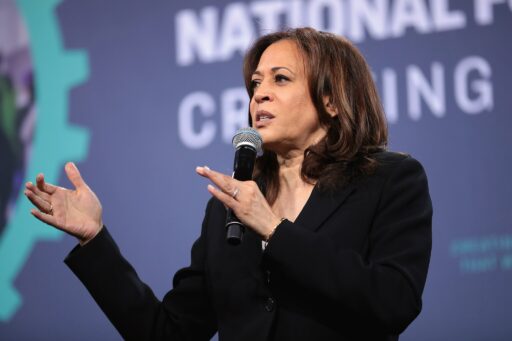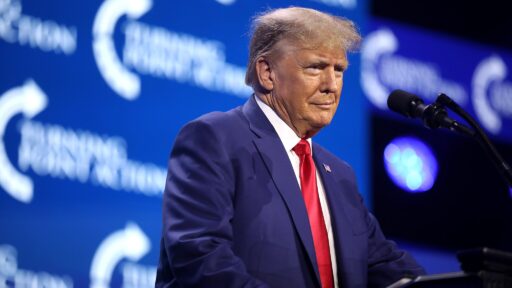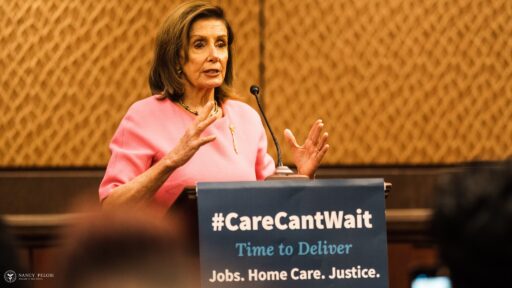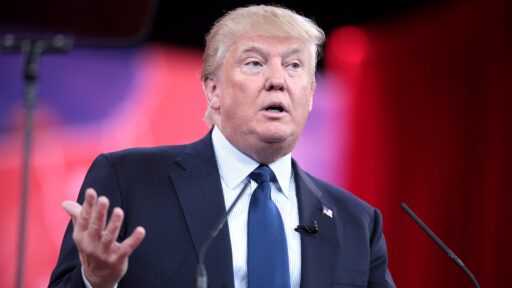Why is Kamala so quiet about this key issue?
In the few weeks since Vice President Kamala Harris launched her campaign for the presidency, she has left energy executives in a state of uncertainty. The question remains: is she the fervent climate advocate she was as California’s Attorney General, or is she the pragmatic leader from the Biden administration who has overseen unprecedented U.S. oil production and exports?
Recently, Harris has frequently discussed climate change, mentioning it seven times in her speeches. However, terms like “energy,” “fracking,” and “oil” have yet to feature in her rhetoric. This strategic choice reflects her campaign’s attempt to balance two opposing viewpoints on energy policy. With climate change garnering widespread support—especially among younger voters—Harris’s team is cautious not to alienate those concerned with climate issues or the working-class voters who support continued fossil fuel use.
Her campaign is focused on crucial battleground states such as Michigan, Pennsylvania, and Wisconsin, where the economy relies heavily on industries like power generation and manufacturing. These states often favor Republican policies that support the expansion of fossil fuels. Harris’s rivals, including former President Donald Trump, have made their stance clear. In a recent interview with Elon Musk, Trump labeled Harris a “radical left lunatic” and questioned the urgency of addressing climate change.
Harris’s campaign has been slow to elaborate on her energy policy, with one official noting that they are still in the early stages of their campaign. They have not provided detailed responses to questions about how her past energy positions will align with her current strategy. However, it is expected that she will largely follow the energy policies of the Biden administration.
Under President Biden, the U.S. has seen record levels of oil and gas production, and companies like Exxon and Chevron have achieved record profits. Despite Biden’s rhetoric against Big Oil, his administration did not impose a windfall tax on these companies’ soaring profits, unlike European governments.
As vice president, Harris has supported Biden’s significant climate legislation, such as the Inflation Reduction Act (IRA), which promotes clean energy initiatives. The campaign has stated that, if elected, Harris would continue to implement and build upon the IRA and the bipartisan infrastructure law, which includes substantial clean energy subsidies.
One notable shift in Harris’s position is her current stance on fracking. Unlike her 2019 campaign platform, which supported a fracking ban on federal lands and opposed new fossil fuel infrastructure, she has recently moved away from that position. Biden’s attempt to impose a fracking ban was thwarted by various states and a federal judge in Louisiana.
In Pennsylvania, a critical state in the presidential race, Harris has secured endorsements from major labor unions. This state, a significant natural gas producer, is positioned to benefit from increased LNG exports, yet Biden had previously paused new LNG export permits. The Harris campaign has not clarified whether she will lift this pause, although union leaders are hopeful for an inclusive energy policy.
The American Fuel & Petrochemical Manufacturers (AFPM) has launched an extensive ad campaign in battleground states, highlighting potential issues with electric vehicle mandates. The group’s President and CEO, Chet Thompson, noted that until Harris articulates a clear energy policy, her previous positions and legislative actions will be scrutinized.
In summary, Harris’s campaign is treading carefully on energy policy, balancing between ambitious climate goals and the economic realities of key battleground states. As the campaign develops, clarity on her energy policies will be crucial for both voters and industry stakeholders.







